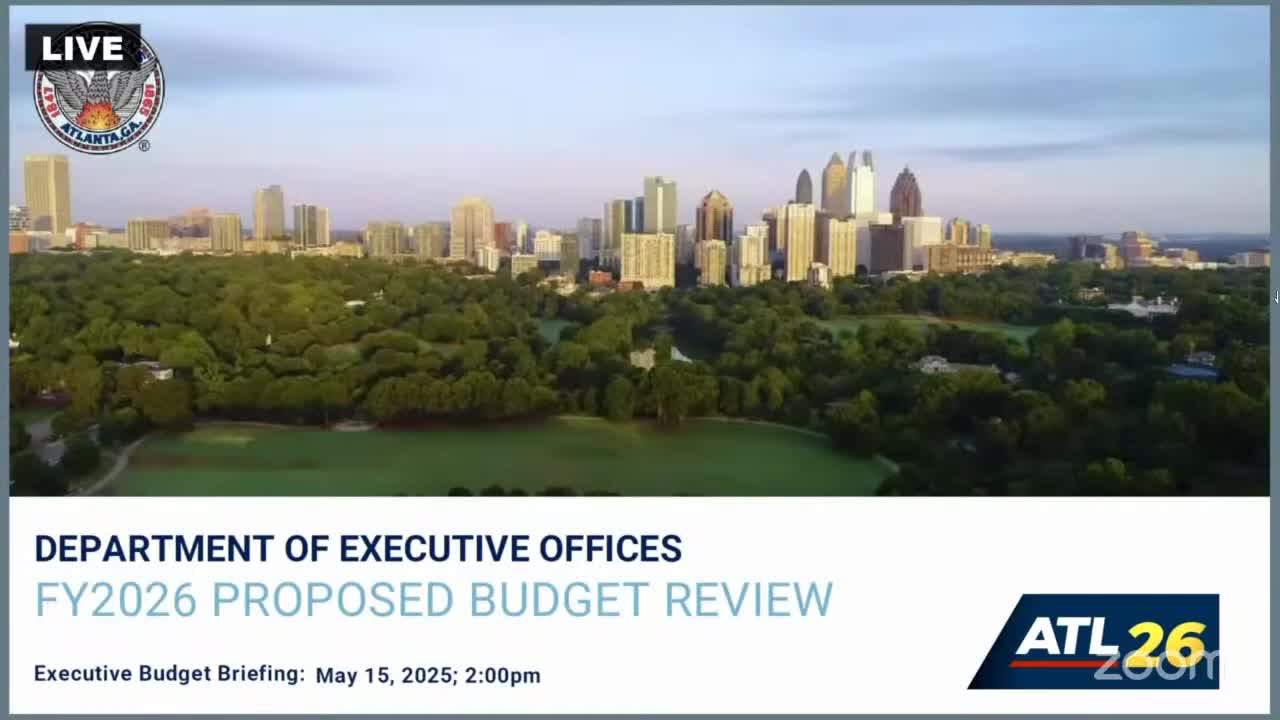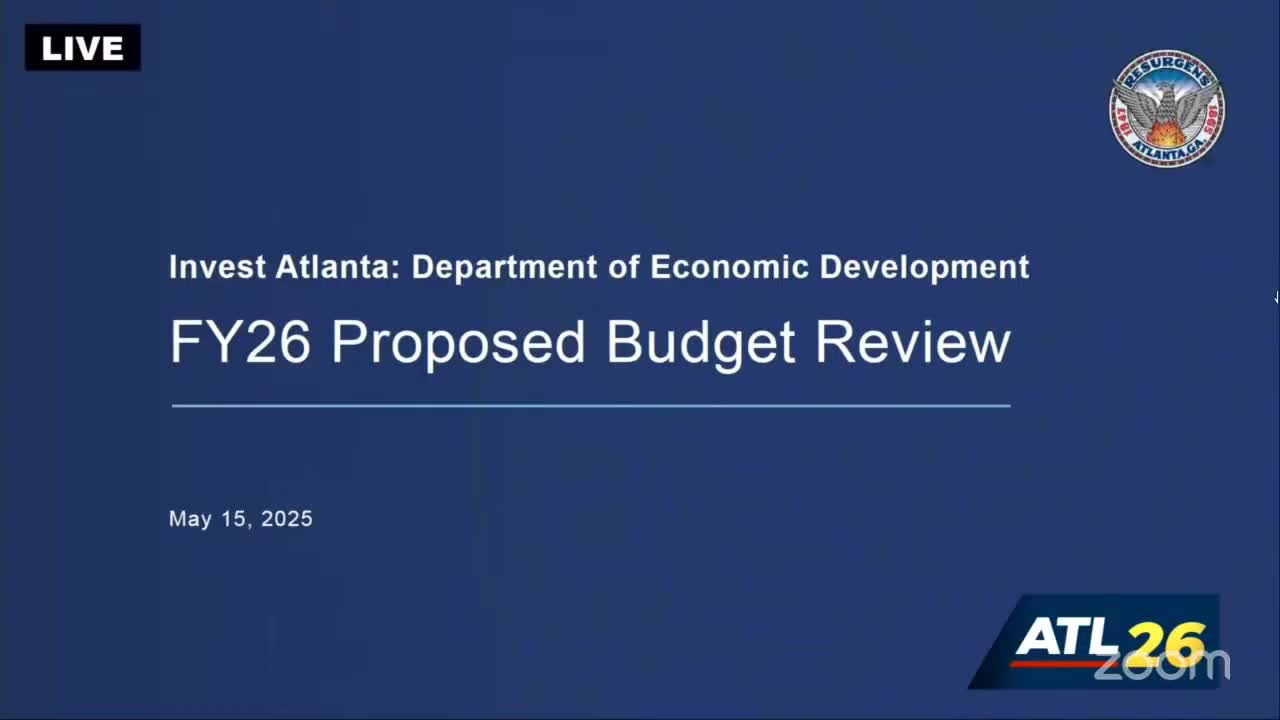Article not found
This article is no longer available. But don't worry—we've gathered other articles that discuss the same topic.

Department of Labor reports summer jobs, apprenticeship plans and $676,000 in philanthropic support

Mayor presents FY26 executive proposal emphasizing public safety, youth programs and housing while cutting office spending 8% from FY25 projections

